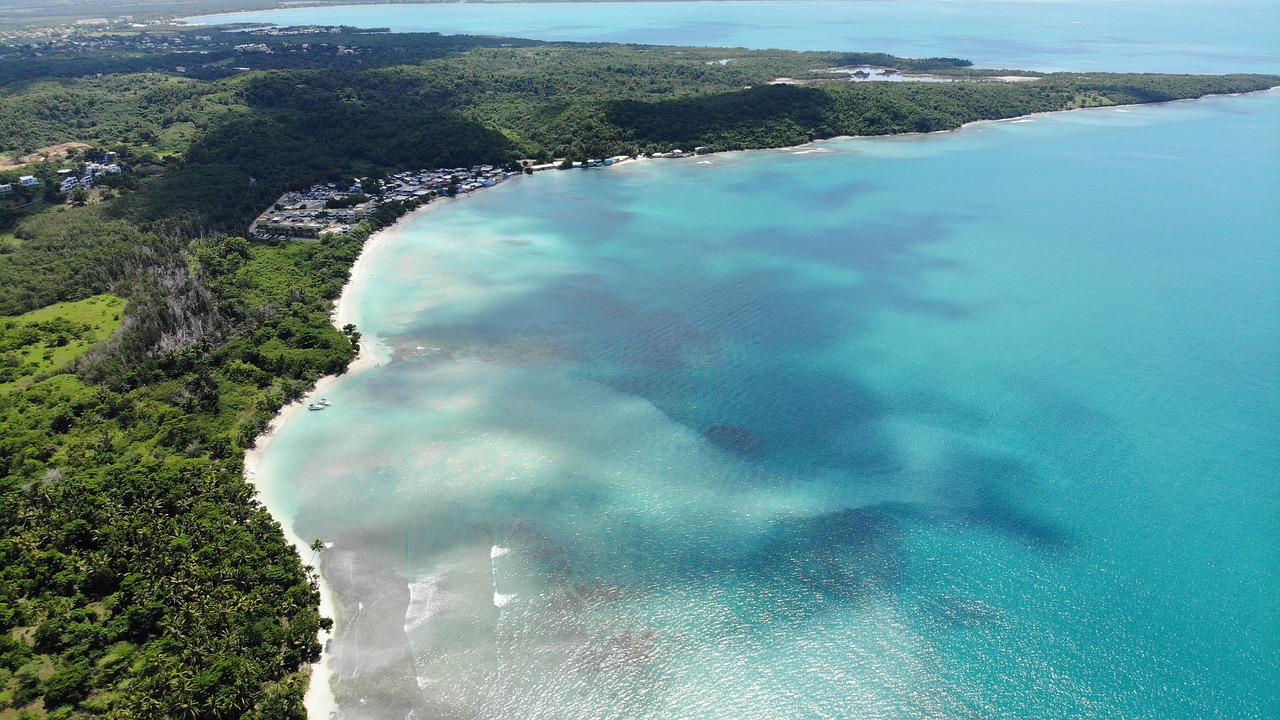Safety Tips for Remote Workers in Costa Rica
Costa Rica is a popular destination for remote workers due to its stunning natural beauty, vibrant culture, and welcoming locals. Whether you are a digital nomad or someone who occasionally works remotely, it is essential to prioritize safety while enjoying the benefits of working in this tropical paradise. Here are some valuable safety tips for remote workers in Costa Rica:
Understanding Local Laws and Regulations
- Research visa requirements: Before embarking on your remote work journey in Costa Rica, ensure you understand the visa requirements specific to your situation. Contact the Costa Rican consulate or embassy in your home country for accurate information.
- Comply with local laws: Familiarize yourself with the local laws and regulations of Costa Rica. Respect the country’s customs, traditions, and legal system to avoid any unnecessary complications or legal issues.
- Work permits: If you plan to work remotely in Costa Rica for an extended period, consult with immigration authorities to determine if you require a work permit. Adhering to the proper legal procedures will ensure a smooth and hassle-free stay.
Choosing Safe Accommodation
- Research safe neighborhoods: Prioritize safety by selecting accommodation in safe and well-established neighborhoods. Areas with a lower crime rate and a strong expat community can provide a sense of security.
- Secure accommodations: When booking accommodations, ensure they have appropriate security measures in place. Look for properties with secure entrances, well-lit common areas, and reliable locks on doors and windows.
- Read reviews: Before finalizing your accommodation choice, read reviews from previous guests to gauge their experiences regarding safety, security, and the overall environment.
Transportation Safety
- Use reputable transportation services: When traveling around Costa Rica, opt for reputable taxi services or rideshare apps like Uber. Do not accept rides from unmarked or unofficial vehicles.
- Stay cautious on public transportation: If you choose to use public transportation, keep an eye on your belongings and be aware of your surroundings. Avoid displaying valuable items and stay alert.
- Plan your routes: Before heading out, plan your routes and familiarize yourself with the local transportation system. This will help you navigate more confidently and minimize the risk of getting lost or ending up in unsafe areas.
Personal Safety
- Maintain situational awareness: Be mindful of your surroundings at all times. Stay alert, especially when walking alone or in unfamiliar areas. Avoid distractions such as excessive use of electronic devices.
- Avoid isolated areas at night: While Costa Rica is generally safe, it is advisable to avoid isolated areas, especially at night. Stick to well-lit and populated areas, and consider traveling with a companion if possible.
- Protect your personal belongings: Keep your valuables secure and avoid displaying them in public. Use a money belt or a secure bag to carry your passport, cash, and other important documents.
Health and Medical Considerations
- Get travel insurance: Prior to your trip, obtain comprehensive travel insurance that covers medical emergencies, accidents, and theft. Make sure it includes coverage for remote work-related activities.
- Stay up-to-date with vaccinations: Consult with a healthcare professional to ensure you have the necessary vaccinations for Costa Rica. Stay informed about any health alerts or advisories in the region.
- Know the local healthcare system: Familiarize yourself with the local healthcare system, including hospitals, clinics, and emergency services. Keep important contact numbers readily available.
Online Security
- Use secure Wi-Fi networks: When working remotely, prioritize using secure and trusted Wi-Fi networks. Avoid connecting to public or unsecured networks that may compromise your data and personal information.
- Enable two-factor authentication: Protect your online accounts by enabling two-factor authentication wherever possible. This adds an extra layer of security to prevent unauthorized access.
- Use a virtual private network (VPN): Consider using a VPN to encrypt your internet connection and protect your privacy while accessing the internet in Costa Rica.
Emergency Preparedness
- Know emergency contact numbers: Keep a list of important emergency contact numbers, including local authorities, your embassy or consulate, and your accommodation’s front desk.
- Share your itinerary: Inform a trusted friend or family member about your itinerary and provide them with a copy of your important documents, including your passport and travel insurance details.
- Stay informed about weather conditions: Costa Rica is prone to natural disasters such as hurricanes and earthquakes. Stay informed about weather conditions and follow the guidance of local authorities in case of emergencies.
Costa Rica Image 1:

Understanding the Local Culture
- Respect cultural norms: Familiarize yourself with Costa Rican customs and traditions to show respect to the local culture. Learn basic Spanish phrases to facilitate communication.
- Build connections with locals: Engage with the local community to gain insights into the culture and establish a support network. Locals can provide valuable advice and guidance regarding safety and local practices.
- Participate in group activities: Joining group activities or organized tours can enhance your safety by providing a structured environment and the opportunity to meet fellow travelers.
Costa Rica Image 2:

Exploring Nature Safely
- Follow park regulations: When visiting national parks or protected areas, adhere to the regulations set by park authorities. Respect wildlife, stay on designated trails, and avoid feeding or approaching animals.
- Stay hydrated: Costa Rica’s tropical climate can be hot and humid. Stay hydrated by carrying a reusable water bottle and drinking plenty of fluids throughout the day.
- Protect yourself from insects: Apply insect repellent, wear long sleeves and pants, and use mosquito nets when necessary to protect yourself from mosquito-borne illnesses like dengue and Zika.
Costa Rica Image 3:

Conclusion
By following these safety tips, remote workers in Costa Rica can enjoy a productive and secure work experience while immersing themselves in the country’s natural wonders and rich culture. Prioritize your safety, stay informed, and make the most of your time in this beautiful destination.
References
- costarica.com
- visitcostarica.com
- costaricaembassy.com
- worldnomads.com
- cdc.gov


